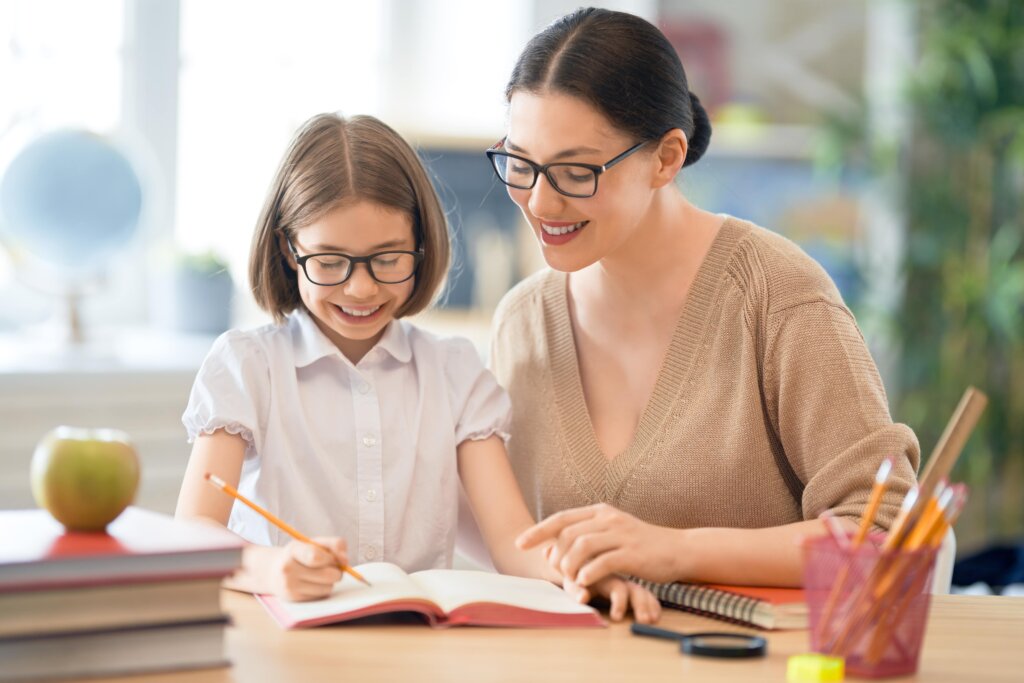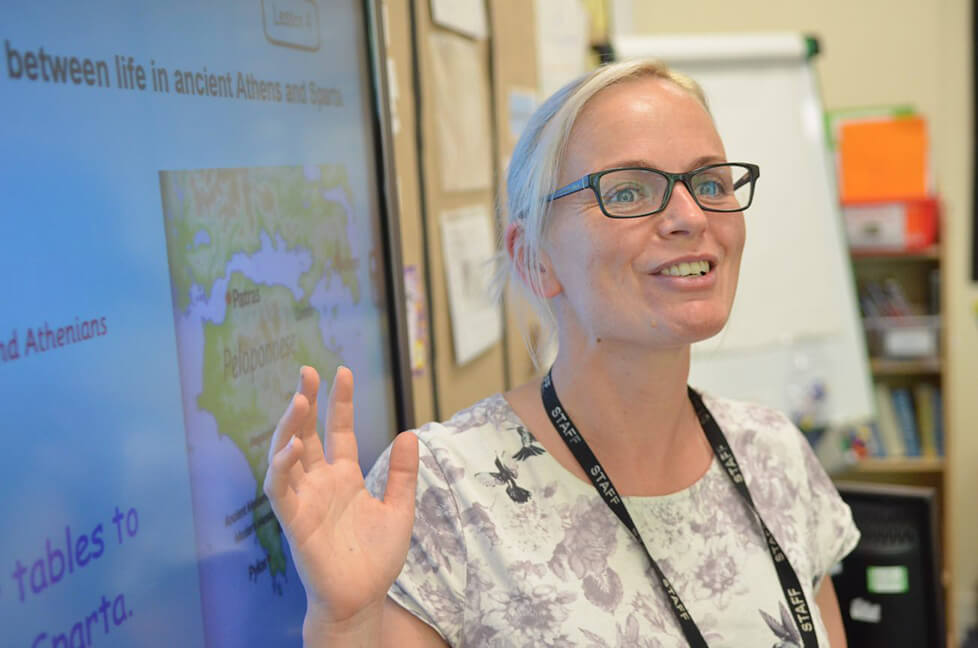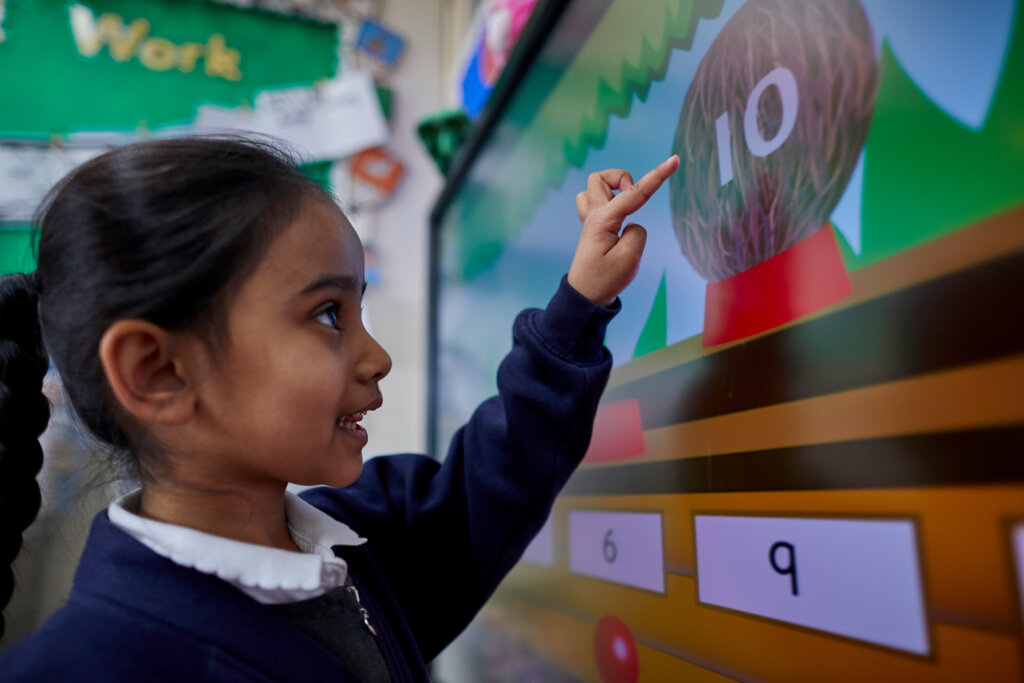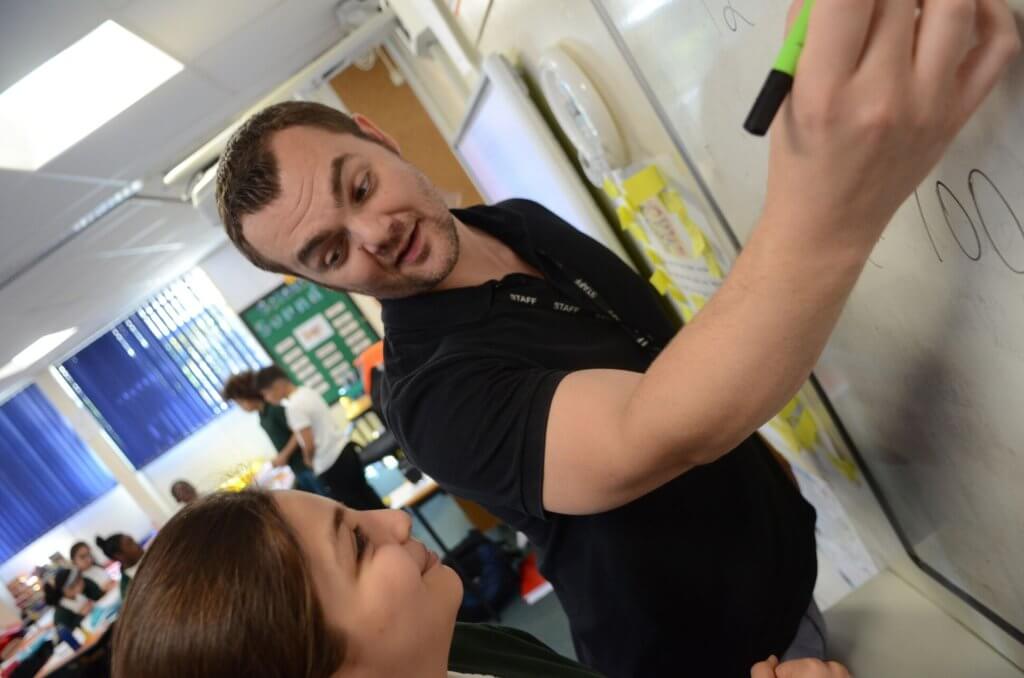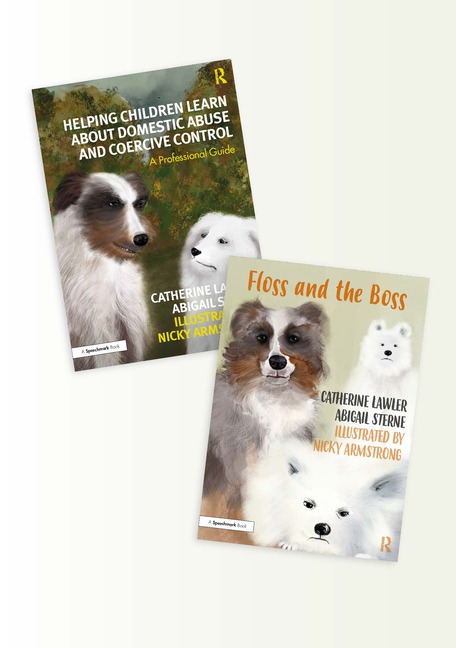Written by Catherine Lawler and Abigail Sterne, authors of Floss and the Boss: Helping Children Learn About Domestic Abuse and Coercive Control: A ‘Floss and the Boss’ Storybook and Professional Guide
Talking to children about domestic abuse post Covid 19 and beyond
As children are returning to school post-Covid lockdown, there are concerns about a ‘tsunami of need’ relating to children who have been living for months with domestic abuse. Increasing numbers of mothers have sought help – but what about the children? How can schools support them? Some will have been living for months in a state of fear and high arousal, isolated from support systems and from key adults in their lives. It is predictable that some will be traumatised, display distress and face huge challenges on the return to school.
How can Floss and the Boss help children who have experienced domestic abuse?
We have produced a beautifully illustrated story for young children, with a teacher resource pack, that aims to help start important conversations about domestic abuse and unsafe feelings. We use animal characters to portray domestic abuse from a child’s perspective, in this case, when a step-parent moves in with the family. In our tale, the puppy Floss represents a young child. The dog Boss moves in with her and Mum and starts to impose coercive control. Through Floss, we see the typical reactions, thoughts, feelings, and behaviours of a child who is stressed and scared by home life. The story shows Floss’s route to accessing support from a key, empathetic ‘always available’ adult dog in ‘doggy day care’ (school). Mum is well supported and safeguarding services alerted.
The story portrays a difficult family situation and highlights the effects on a child of living in constant fear. It also offers hope, showing how the child and mother can be helped. Some children will identify with it.
The tale should help children living with domestic abuse and coercive control feel that their experiences are validated and can be understood; that they are not alone and that this is not unique to their family; that there are grown-ups in their world who can help them. It should place professionals in a position to have important conversations with all children about what to do if something at home does not feel right; if they are feeling fearful and worried about themselves or a parent or carer. It provides a vehicle for talking to young children about staying safe.
What do children think of Floss and the Boss?
We were keen for groups of children to appraise the book for us, so it was piloted with Y1 and Y6 classes. The children surprised us, both in terms of how insightful they were and how even the younger children connected with the narrative and had ideas about how to help the young puppy.
Some children were asked to review the book. Comments included ‘… this is an important topic to talk about … different year groups can read it … it’s about physical and mental bullying; the scenarios can happen in real life.’ Another was ‘… I think this has happened to me.’
How can the book be used in school?
We aimed for a resource that could be used both with whole classes and with individuals who may need additional support. A professional’s guide accompanies the book. It provides:
- A list of animal characters and who / what they represent
- Page by page teachers’ notes
- Tips for reading and discussing the story with groups of children with key questions
- Tips for using the story to support children’s thinking about safety in the home
- Suggestions for activities for follow-up work and activities to support individuals
- Information about how children experience domestic abuse and coercive control and the impact on education and wellbeing.
Domestic abuse-related trauma can shatter a child’s sense of safety and trust in adults. Six months of absence from school is a long time in the life of a young child. Some children, after months of being party to everything going on at home, will be expected to cope with the uncertainty and fear of what’s happening in their absence; so they may experience significant separation anxiety. Relationships with key adults in school will have been disrupted and take time to re-kindle. It may take time for school to be seen as a place of safety again, for adults to be seen as trustworthy.
Our great hope is that in her own way, Floss can help other little people in her position; that our book will support professionals to be courageous enough to talk to them about difficult issues; and above all for children to know that there are available adults who understand and want to help.
About the Authors:
Abigail Sterne is one of our senior educational psychologist at One Education, who works in Manchester schools and is a former teacher. She works closely with Central Manchester Child and Adolescent Mental Health Services (CAMHS) and has worked with fostering and adoption services.
Catherine Lawler works as a training consultant for a Safeguarding Children’s Partnership. She has extensive experience supporting children, young people and families. She has worked as a children’s therapist, specialising in domestic abuse. She has developed resources on bullying, peer-on-peer abuse and children accessing sexualised imagery.
All author royalties are going to domestic abuse charities.
Discover more tools and techniques to support children on the Routledge website



